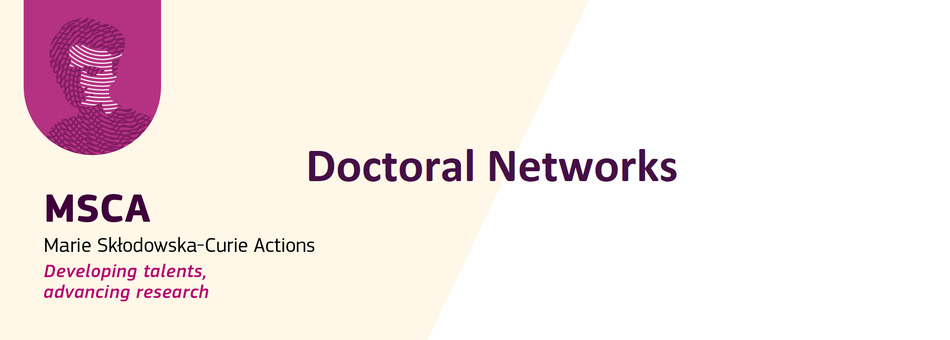Expected Outcome:
Project results are expected to contribute to the following objectives:
- Enhanced fitness of the current services to better respond to evolving policy and user requirements.
- Enlargement of current service scope through the inclusion of new, complementary elements and extended communities of users.
- Significant technological enhancement in detection capabilities, timely access to data or delivery of information, narrowing the gap between capabilities and the more stringent security observation requirements.
- Significant improvement in integration of non-space data along end-user intelligence supply chains, bringing added value at operational level also at regional at local levels, or in support to field campaigns.
- Development of processing chain(s) to handle an increasing volume of satellite data, keeping abreast with technology developments and include new paradigms in data fusion, processing, automation, as well as added-value information access and visualisation.
- Integration of the Geospatial Artificial Intelligence (GeoAI) and Earth Observation data analytics with a variety of other application-specific data sources like data from remote sensors accessed through IOT, as well as crow-sourced data, high velocity transnational data and social media posts.
Scope:
Copernicus Security Services provide, today, a valuable contribution to civil security, law enforcement operations and crisis management in Europe as well as in support to its external actions. Technology and space capacities have been evolving significantly, creating opportunities for an increased outreach across a broader spectrum of related applications.
Member states are also calling to reinforce Copernicus to better contribute to resilience and security in support to civil security and to better react and recover from major upcoming crisis of various forms, such as population displacement due conflicts, impact of climate change or extreme weather phenomena at global or regional levels. Copernicus has to potential to become a major contributor to European Data spaces that play an important role for security solutions. The Commission is as well anticipating on these needs and considering developing an enlarged portfolio of resilient services addressing new threats, for governmental use and complementary to national end existing EU capacities.
R&D activities should therefore support an increase in service performance, outreach and scope, aiming particularly at fostering:
- Innovative methods and technologies to explore new and enlarged data sets and the development of applications addressing requirements not currently tackled by the current services.
- Actions in support to the evolution and scope of the security services, namely increasing user reach, responding to specific regional needs and increasing service added value in user operational scenarios.
Additional information will be provided in the Strategic Research Agenda for Copernicus Security Services (SRA-CSS V1.0, to be released end 2022).
Actions aimed at service evolution will have to be developed in response to specific policy and user requirements at European, Regional or National level, possibly making also use of data generated by any of the other Copernicus services, whenever relevant. .
Proposals shall be explicit with regard to heir relevance on (1) the complementary of service provision, namely in terms of added-value, users, service portfolio, policies or data sets or (2) the added-value of the integration of results into Copernicus core services. As such, they should include feasibility and cost/benefit analysis, as well as a timeline for deployment in operational environments and a proof-of-concept or prototype demonstrating the feasibility of the integration in the existing core service or the added-value of elements targeting new application areas.
Attention should be paid to elements enabling R&D spin-out to operational environments, such as the need to re-use and exploit the results (including IPR) to the entities implementing the EU Copernicus programme. Resulting products, software in particular, should be open licensed allowing it to be installed, copied and adapted to the operational environment it will be intended for.
Proposers are advised to exploit all possible synergies with other security specific actions funded under the work programme of Cluster 3 “Civil security for society”.
Proposals are expected to provide tangible impact (new or improved products or service elements) for the period 2025-2027. As such, preference will be given to proposals with service elements e.g. system element targeting at least TRL 5-6. demonstrating the feasibility of the integration in the existing core service or the development of new, complementary elements.
Applicants are advised to consult information on the Copernicus programme in general at https://www.copernicus.eu/en and further details on the topic in the Guidance document.
In this topic the integration of the gender dimension (sex and gender analysis) in research and innovation content is not a mandatory requirement.





